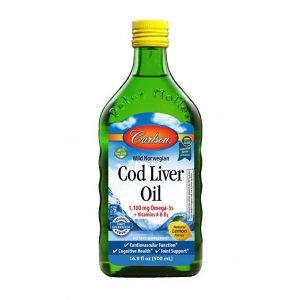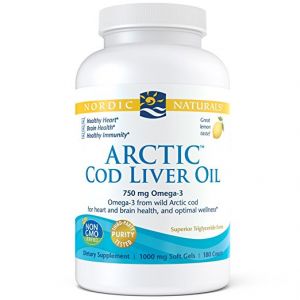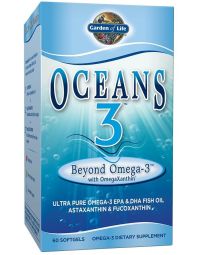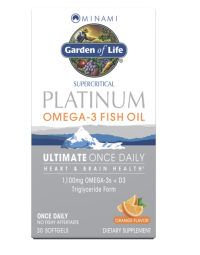Fish oil supplements have gained popularity in the past decade for their benefits related to cardiovascular health, but they have been shown to have other benefits as well. Some evidence suggests that fish oil supplements may also be helpful for people who are struggling to lose weight. While positive results have been noted in clinical trials, the effectiveness of these supplements depends on how they are used.

Studies on Fish Oil for Weight Loss
Numerous studies have looked at how the omega-3 fatty acids found in fish oil supplements can potentially be used to aid in weight loss. A scientific review paper estimates that, at the current rate that the prevalence of obesity is increasing, 20% of the world’s population will be obese by 2030, and approximately 38% of the population will be overweight.1
One review evaluated the results from 21 different scientific studies. The review found that fish oil supplements by themselves did not have a significant impact on body weight or the BMI of a patient. Noticeable results were, however, observed in waist circumference and waist-hip ratio.2
Even though positive results were observed in some studies, it should be noted that the studies that provided evidence of positive results noted a combination of fish oil supplements and certain lifestyle modifications.2
Thus, the conclusion made is that fish oil supplements may be useful for weight loss, but not when the patient does not implement appropriate lifestyle modifications as well.
These lifestyle modifications should ideally include changes in both diet and physical activity. This combination will help to improve nutrient density in the patient’s body, reduce their intake of foods that promote weight gain and help them burn excess fat through exercise.2

Fish Oil Supplement Recommendations
Different types of fish oil supplements are available on the market. Some are more effective in providing the particular benefits of omega-3 fatty acids than others, which is why it is important to consider the type prior to buying a supplement.
Three primary types of omega-3 fatty acids exist, including:
- ALA (Alpha-linolenic acid)
- DHA (Docosahexaenoic acid)
- EPA (Eicosapentaenoic acid)
EPA and DHA are particularly useful omega-3 fatty acids for the management of obesity and associated metabolic alterations.3Therefore, it’s important to consider the EPA and DHA content in fish oil supplements that you plan to purchase.

Conclusion
Studies have confirmed that fish oil supplements may have a positive impact on weight loss goals, but not when used alone. Appropriate lifestyle modifications that include increased physical activity and consumption of a healthy diet need to be implemented. Waist circumference and the waist-hip ratio can be reduced, and when a specific plan is followed, body weight might also be reduced.
[1] Smith K, Smith, M. 2016. “Obesity statistics.” Primary Care: Clinics in Office Practice, 43(1):121-135.
[2] Du S, Jin J, Fang W, Su Q. 2015. “Does fish oil have an anti-obesity effect in overweight/obese adults? A meta-analysis of randomized controlled trials.” PLoS ONE. 10(11):e0142652. doi:10.1371/journal.pone.0142652
[3] Campbell SC, Bello NT. 2012. “Omega-3 fatty acids and obesity.” J Food Nutri Disor. 1:2. http://dx.doi.org/10.4172/2324-9323.1000e10
-
Probiotics for Weight Loss
By Dr. KarenMarch 8, 2022 -
Vegan Fish Oil Supplements
By Dr. KarenMarch 8, 2022
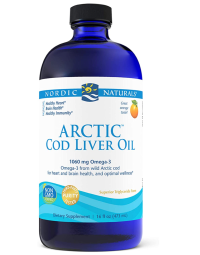

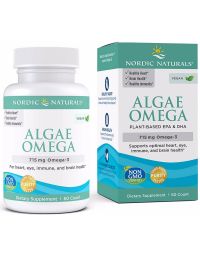
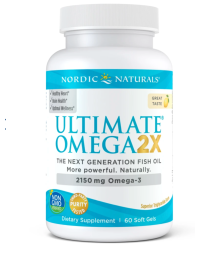
Search the blog
Article Categories
- All Articles (95)
- Rating Charts (1)
- Beauty & Skincare (17)
- FAQ (0)
- Hair Care (9)
- Health & Wellness (12)
- Anti-Aging (4)
- Kid's Health (0)
- Makeup (2)
- Men's Health (2)
- Oral Care (3)
- Sunscreen (7)
- Skin Tools & Treatments (10)
- Supplements (26)
- Videos (0)


